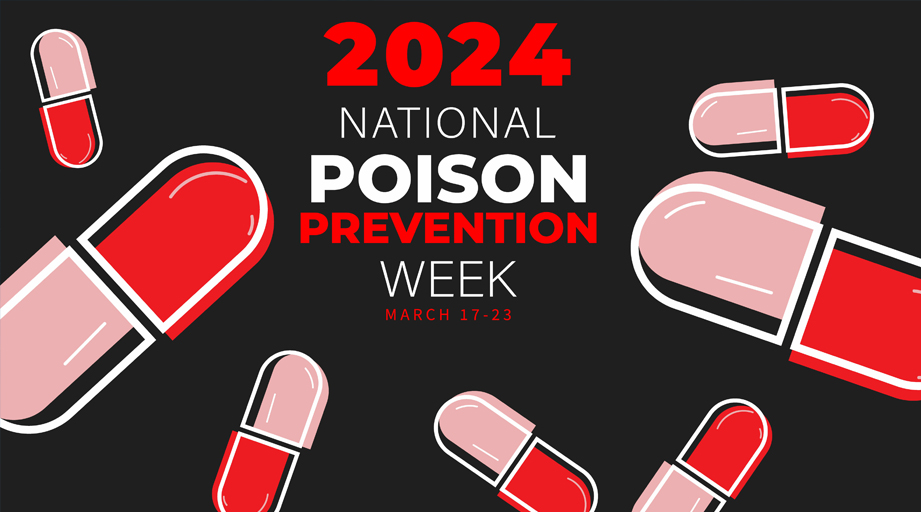
FDA on June 15 authorized the marketing of EndeavorRx, a video game-based digital therapeutic device, to improve attention function in children 8—12 years old who have been diagnosed with primarily inattentive or combined-type attention-deficit/hyperactivity disorder (ADHD).
FDA stated that the device is meant for use “as part of a therapeutic program that may include clinician-directed therapy, medication, and/or educational programs” that address symptoms of ADHD.
The agency granted marketing authorization for the new product through the agency’s “de novo” regulatory pathway for new low-risk and moderate-risk devices.
Documentation for the device states that it was developed to activate neural systems in the brain that are important for attention function but may have no effect on “typical” behavioral symptoms of ADHD, such as hyperactivity.
The product will be available as a mobile application for use on iOS devices. The therapy consists of five 25–30 minute sessions each week over the course of a month, at which time the program is disabled. No more than one session may be completed per day. Additional monthly treatment cycles may be activated if needed.
Each day’s session features five game missions that require the child to steer through a course while avoiding obstacles, collecting targets, and earning rewards. The device’s documentation states that the missions are intentionally challenging and may be frustrating for players.
The most frequently reported adverse events in clinical studies were frustration, headache, dizziness, emotional reaction, and aggression. The device’s documentation instructs parents to halt the therapy and contact their child’s healthcare provider if these symptoms occur during game play.
Parents should also halt the therapy and contact a physician if dizziness, lightheadedness, nausea, altered vision, eye or muscle twitches, eye discomfort or pain, joint discomfort or pain, loss of awareness, disorientation, seizures, convulsions, involuntary movements, or other health issues occur while using the application.
The prescription product is manufactured by Akili Interactive Labs Inc. of Boston. The company has not announced a date for the product’s launch.
Megan Coder, executive director of the nonprofit Digital Therapeutics Alliance, said FDA’s authorization of the product is “incredibly encouraging” for the industry overall.
Coder, who is a member of ASHP’s Commission on Goals, encouraged pharmacists to learn more about the role that digital therapeutics may already be playing in the lives of their patients.
“You’re going to start to see them show up, possibly, on medication reconciliation forms. And pharmacists will ... have to dispense these and have the ability answer questions around what these products are,” she predicted.
Some pharmacists have already integrated digital therapeutics products into their practices to monitor adherence to drug therapy [see Sept. 1, 2018, AJHP News].1
FDA has also cleared digital therapeutics products for use in patients with diabetes, substance use disorder, panic and post-traumatic stress disorder, asthma, and chronic obstructive pulmonary disorder.
ASHP seeks advancement through innovation
Advances in digital therapeutics have the potential to deliver evidence-based therapeutic interventions to prevent, manage, or treat physical, mental, and behavioral conditions. Digital therapeutics technology may be used alone or with medications, devices, or other therapies to optimize patient care and health outcomes. Sophia Chhay, assistant director of the ASHP Innovation Center, and Bayli Larson, executive fellow in association leadership and management, explained in a statement that the digital therapeutics technology “offers pharmacists the ability to advance comprehensive medication management and overall health of their patients.” “In the current environment, there is a sharp rise in the utilization of digital health which includes telemedicine, telehealth, wireless medical devices, and digital therapeutics,” they stated. ASHP, through its Innovation Center initiative, supports digital therapeutics an important tool to help transform healthcare through the engagement of pharmacists as medication therapy specialists. The Innovation Center was launched at ASHP’s 2019 Midyear Clinical Meeting and Exhibition in Las Vegas.
|
1. Traynor K. Clinic finds benefits from digital therapeutics. Am J Health-Syst Pharm. 2018; 17:1263-1264.
[This news story appears in the November 1, 2020, issue of AJHP.]









